Apprenticeships Help Space Careers and Businesses Take Off
National Apprenticeship Week (6-12 February) highlights the benefits of on-the-job training for both employers and trainees – and many space sector companies are using apprenticeships to attract and develop new talent equipped with skills tailor-made for their business.
Around 47,000 people work in the space industry in a diverse range of fields, from science and engineering to manufacturing and procurement.
The sector is thriving but faces a skills gap. The UK Space Agency’s Space Sector Skills Survey 2020 found that two-thirds of companies recruiting reported difficulty finding applicants with the right skills and experience. Skill gaps in the existing workforce were identified by 51% of businesses, which according to the survey, is a much higher proportion than all other UK sectors.
Apprenticeships are a cost-effective way for employers to develop teams with future-ready skills relevant to their business and can improve staff retention.
Combining workplace training with study makes the space sector more accessible and diverse. Traditionally associated with school leavers, vocational and technical apprenticeships have evolved considerably over recent years. Age doesn’t have to be a barrier, allowing people to change careers – or start one – later in life.
Degree apprenticeships have also become popular, with applicants attracted by the prospect of earning while they study, with no university tuition fees. According to government figures published last year, Level 6 trainees have median earnings of over £34,500 after completing their apprenticeship.
For the space industry, degree apprenticeships mean that businesses benefit from graduate-level employees familiar with their company and with the necessary technical skills and work experience at the end of the process.
The University of Portsmouth will soon be offering a Space Systems Engineer Degree Apprenticeship developed with key industry stakeholders from the region.
Claire Middleton, Degree Apprenticeship Manager, said: “We currently work with companies such as BAE Systems, DAS, Harwin, Ordnance Survey, QinetiQ and Safran to develop their staff on courses such as Chartered Manager, Senior Leader and Project Management, and we’re excited to be able to add Space to our portfolio.”
Want to know more about jobs in the space industry and how to get them? The UK Space Agency’s Careers Leaflet is a good place to start.
Employers can find about government funding towards the cost of employing an apprentice here.

